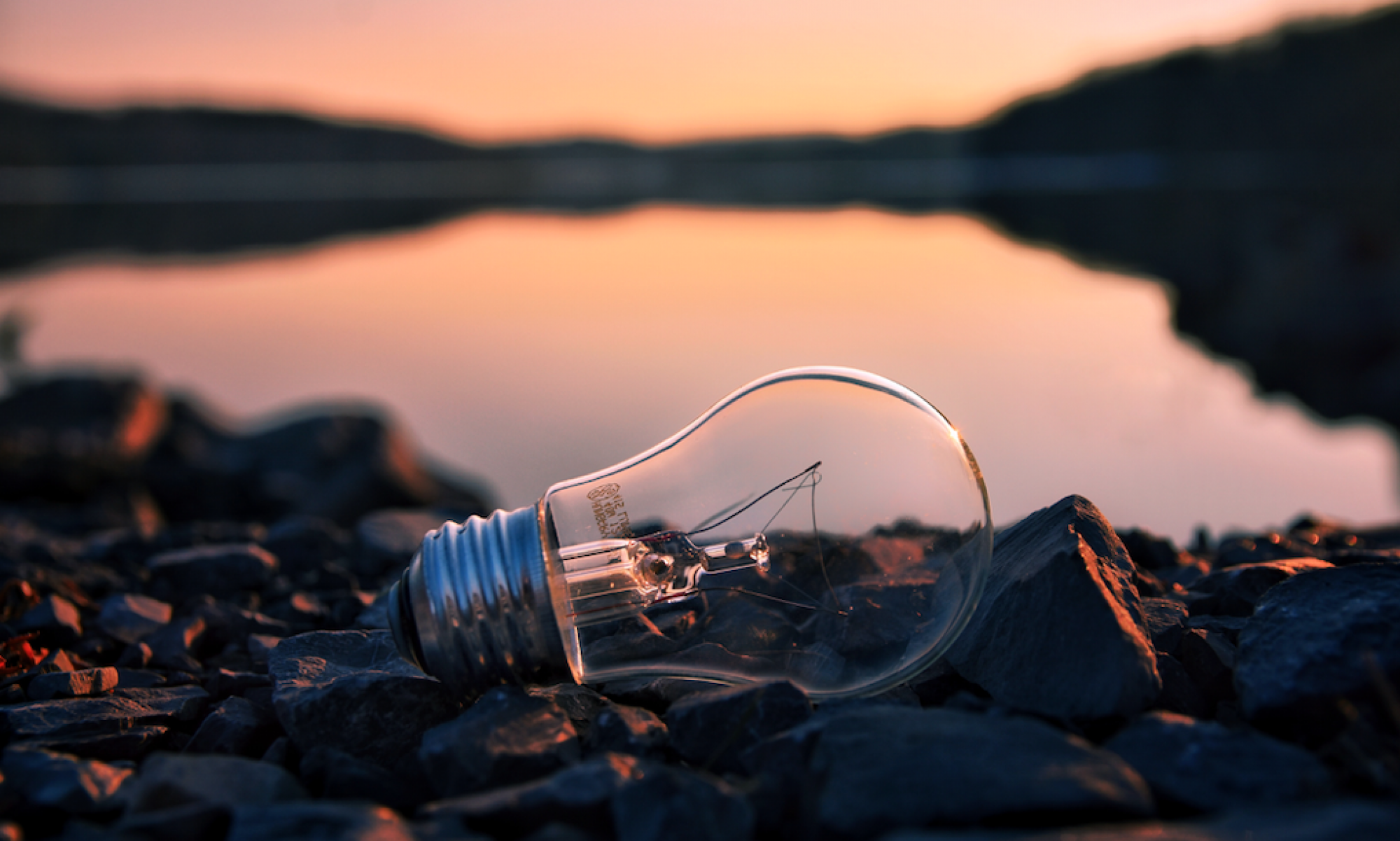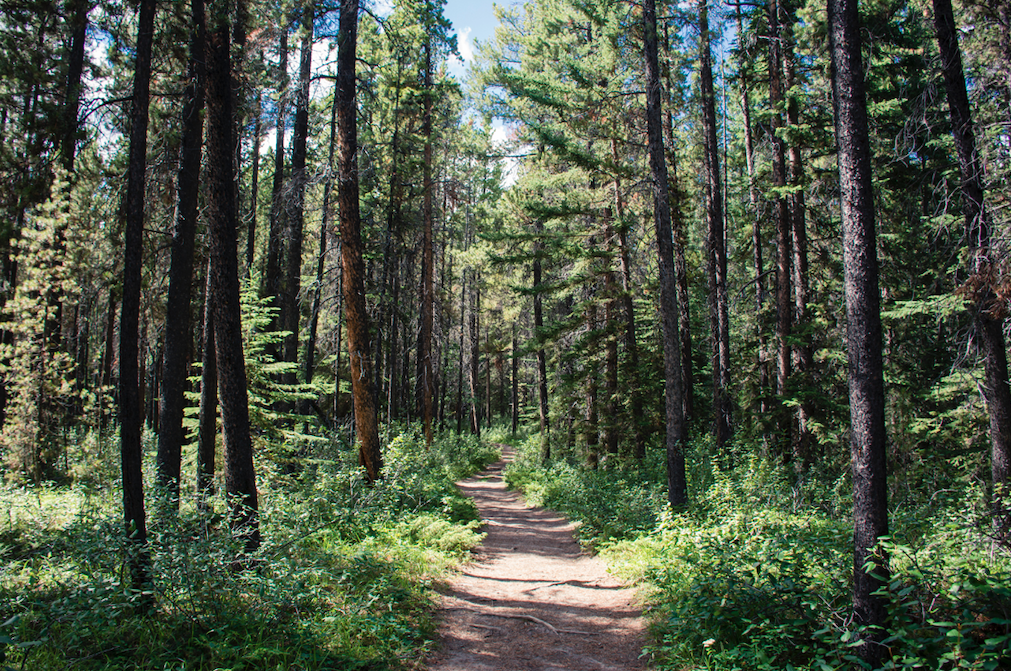It’s incredibly hard to choose a just right challenge. Have you noticed this? Even if you manage to come up with something that is exactly in the sweet spot between too easy and terrifying, as soon as you begin, something is sure to screw up. This will either make your chosen adventure suddenly way more adventurous, or else kinda moot.
Rating the size of the challenge in advance is also full of unplanned surprises. We can research, but we rarely have access to enough information to know for sure. Ever taken a new job? How often do your preconceptions truly match what you find is the day to day reality, six weeks in? We have to make our best guess. There is a fair amount of what comes perilously close to outright gambling in many of our most mundane choices.
The world is literally full of challenges, too. Just waiting to be conquered. Or avoided, depending on your particular temperament. There is no shortage of frontiers to explore, even if you are following millions or billions of other humans in that exploration. It’s new to you. It’s a short lifespan we have to work with, and an awful lot of possibilities to thread through.
This means that many of us spend our days doing lots and lots of stuff that is too easy, or too hard, or completely uninteresting to us. We have to do some of it. Some of it we do because, let’s face it, everyone else is doing it (it’s hard to resist peer pressure, even as cool, independent-thinking adults). Lots of what we do falls into the category of “what was I thinking?” Then there are the challenges we take on because we know we should stretch ourselves, move out of that darn comfort zone, expand our horizons. These are either intoxicatingly exciting, or downright traumatic. Either way, they take some energy.
My point is, figuring out a ballpark scale of challenge does require some trial and error, some humility when we get it wrong, and some celebration when we accidentally get it right. It’s not automatic that our lives match our resources, mentally, physically, financially, emotionally. It takes a lot of calibration, and puzzling out what’s gone wrong, and effort to figure out what could be changed to make the match more “right.” For us. In this moment.
In this very human endeavour, looking around at others in order to see what challenges they are attempting, surmounting, or failing at, is tempting. It is natural to want to follow a pattern set by someone else, rather than to start from scratch and, well, write our own book. The problem is that our defaults are so often set to “negative” in this sort of comparison. We either use this comparative exercise to put ourselves down, or to pull ourselves up, but at the expense of the other. It’s zero sum thinking when we have no shortages (of possible challenges) to worry about! In other words, what someone else finds interesting or achievable is almost completely irrelevant to my own life. If you think about it, why would their choices have anything to do with the scope of what I am looking at for available next hard things?
Unfortunately, most of us are still working off of the mindset that a classroom group of same-aged, same neighbourhood children is somehow supposed to be a group with sameness. That is patently untrue, and the diversity in today’s classrooms supports the range of human possibility and experience rather than the alikeness of any particular demographic. Furthermore, we still talk as if the diversity itself is the problem. As if it is unexpected that a group of 30+ children would have more than three or four learning rates or styles, and that the achievements of such a group would be all over the map. Looking at the adult experience, it seems there are almost limitless ways to find meaning in occupation (my particular area of professional interest), or to express one’s thoughts or feelings, or to create a joyful, welcoming home. Why would children be a homogenous group when adults are so much more unlike than like?
The size of the challenge is infinitely variable, crossed as it is with what field of inquiry, exploration, skill-development, or mental or physical frontier one is working within. The level of detail one chooses as interesting – mapping the human genome, mapping the solar system, mapping a house’s electrical wiring – this is also infinitely complex. And then there is the intensity of the pursuit – is it a single-minded obsession, or part of a suite of interests? Is it a life long dream, or a four year political cycle we’re talking about?
I guess my point is that there is almost no conceivable limit to a human-sized challenge, except for the limits of each individual. What is interesting, to me? What is already achievable and easy, to me? What is the thing I want most to master next, myself? Understanding where I am situated, what is around me, what draws my attention, and what I value most, next, and least; these are the important questions to answer. Not what my friend/neighbour/colleague/sibling is doing. Not what I see a celebrity I admire accomplishing. Certainly not what others tell me I should be able to do. Or not do.
The size of the challenge, as it relates to me, is a very good calibration exercise to fine tune. I can look at the various projects I am doing, or have done, and it would be far more useful for me to rate my own subjective experience of their interest and ease than to ask others how I did. I can, for example, think about the fear factor. Was it scary? Is it less scary now that I’m in it, or have completed it? Or is it an activity that is ramping my fear up each time I “go back in” because I’m only doing this really to try to prove to others that I’m not scared, when I really am? Other factors could be: energy expenditure (very individual, and very temperamentally based), balance with other aspects of my life, interest overall, agreement with my particular values hierarchy…and so on. This obviously takes some thinking, and I believe that time thinking is well spent, if it helps with the ability to gradually get better at finding just right challenges, for me.
Being human is great. It is enough that we are human together, and can’t seem to stop challenging ourselves. That’s the great unifying characteristic, I think. We resist gravity. We express our thoughts. We imagine, and create, and innovate. More specific definers than that as to how to be human, and it gets tricky to care for ourselves and still show up in the world.
Let’s enjoy our uniqueness in what inspires, excites, comforts, contents, or plain gladdens us. Let’s not do so much judging of our own or others’ chosen level of “challenge.” Let’s invite and offer, but not expect and compare. Some days, a just right challenge is just getting up and stretching. Other days, we actually fly.
The challenge is human-sized if a human is choosing it. That’s it.



